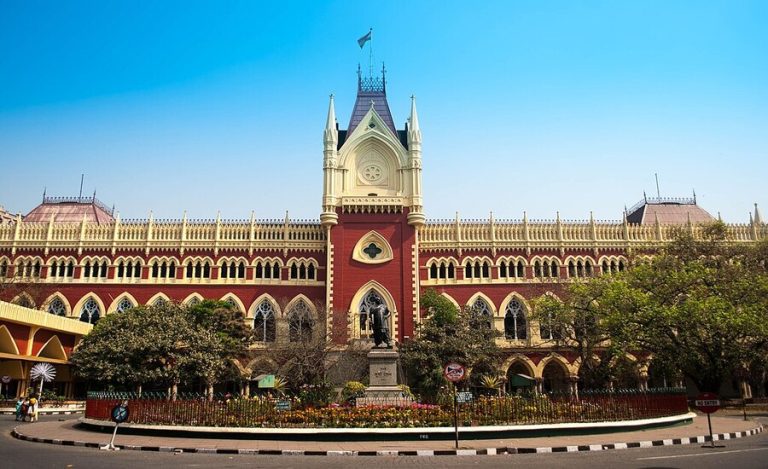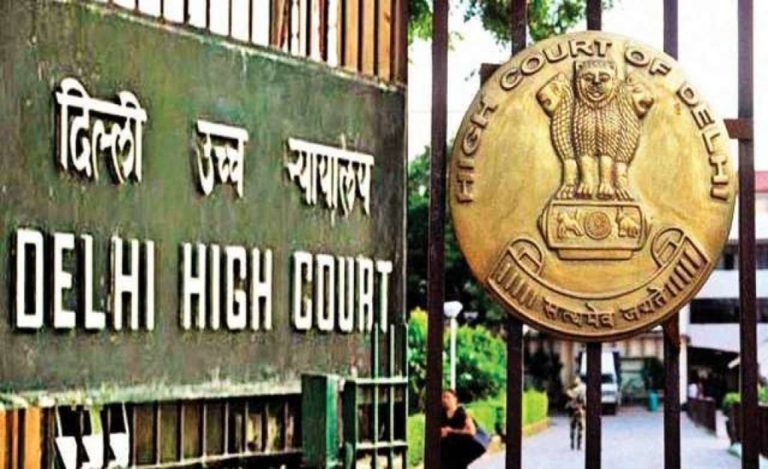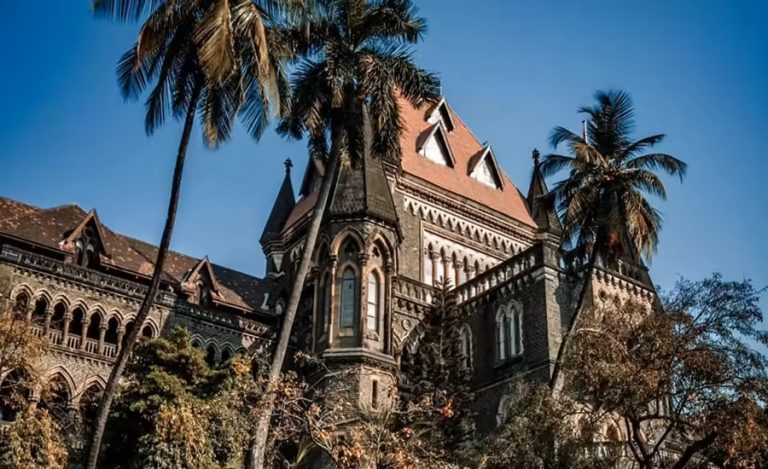In a scathing order, the Enquiry Commissioner and Special Judge (Vigilance), Mr. Manoj A, has accused Kerala’s Vigilance and Anti-Corruption Bureau (VACB) of manipulating an inquiry to shield Additional Director General of Police (ADGP) Mr. M. R. Ajith Kumar (1995-batch IPS officer)—currently serving as Excise Commissioner—from allegations of disproportionate assets. The court order came in response to a complaint filed by Mr. P. Nagaraj from Neyyattinkara.
Also Read: President’s Medal for Guwahati CP Partha Sarathi Mahanta, 16 Other Assam Cops Honoured
The court rejected the VACB’s final report, which claimed no evidence against Mr. Ajith Kumar, and raised serious concerns about procedural violations, misuse of authority, and possible political interference in the investigation.
Allegations and the Probe
The investigation stemmed from a 2024 recommendation by the State Police Chief, following allegations made by former MLA Mr. P. V. Anvar. He claimed that Mr. Ajith Kumar, along with his wife and brothers, was constructing a lavish house on 22 cents of land at Kowdiar, Thiruvananthapuram, allegedly worth several crores—well beyond his known income.
The VACB’s Special Investigation Unit-1 (SIU-1) submitted a report in May 2025, dismissing the allegations. The report cited that Mr. Ajith Kumar and his family owned 80.21 cents of land in Thrissur and Thiruvananthapuram, valued at Rs. 8.77 crore, and were constructing a house estimated to cost Rs. 3.58 crore. It also noted Mr. Ajith Kumar’s net salary as Rs. 2.33 lakh per month and mentioned a home loan of Rs. 1.50 crore.
Court Finds Inquiry Flawed and Biased
The Vigilance Court found the entire probe biased and conducted in blatant violation of the Vigilance Manual and judicial norms. The judge specifically criticised the inquiry officer, Mr. Shibu Pappachan (DySP, SIU-1), and supervisor Mr. K. L. Johnykutty (SP, SIU-1), for failing to establish a “check period” or properly assess Mr. Ajith Kumar’s income, expenditure, and savings.
According to the manual, an inquiry into disproportionate assets must verify six basic financial aspects during the check period, including the suspect’s assets at the start and end of the period, acquisitions made, income earned, expenditures incurred, and likely savings. The court noted that none of these were adequately addressed.
“The inquiry officer, contrary to the guidelines, prepared a report favouring the suspected officer to exonerate him from the allegations,” the court stated, adding that no legally justifiable reason was provided for disregarding established procedures.
Political Interference and Lack of Transparency
The court order raised further alarms over the apparent political endorsement of the report. The Vigilance Director had forwarded the report in March 2025, stating that it was accepted by the department and approved by the Chief Minister. However, the court questioned the legality and necessity of such approval.
“Nobody has the right to interfere in the inquiry,” the judge wrote. “If there is a procedure for seeking approval, it is against the provisions of law and contrary to the fundamental principles of criminal jurisprudence.”
The court also highlighted the flawed methodology of the investigation, criticising the decision to record Mr. Ajith Kumar’s statement during the probe. The judge stated that the suspected officer should not have been allowed to participate in the inquiry or influence its outcome.
“He has provided every chance to the suspected officer to justify his acts, rather than adopting a fair procedure,” the court said. “This itself indicates that the inquiry officer intended from the start to exonerate his official superior, by whatever means, including using illegal and unsanctioned procedures.”
Damning Conclusion
The court concluded that the entire process was a “subservient report prepared for those who need reports like the present one.” It accused the VACB of conducting a superficial and biased investigation designed to give a clean chit to a high-ranking officer, possibly under political pressure.
The court’s order has now paved the way for potential re-investigation and raised critical questions about the independence and integrity of anti-corruption probes in Kerala.
Also Read: Odisha: Chief Secretary Pushes AI Monitoring, Monthly Reviews, and Performance-Based Governance




























